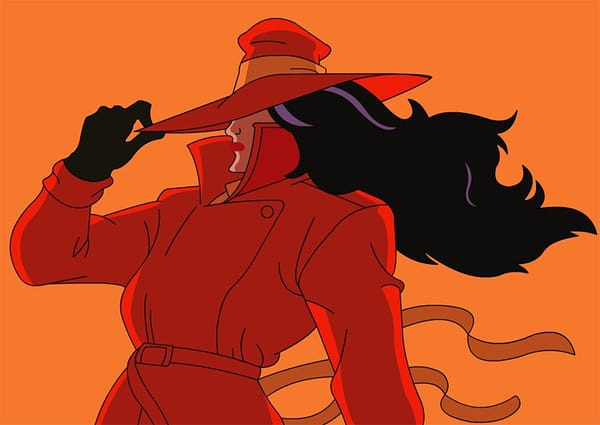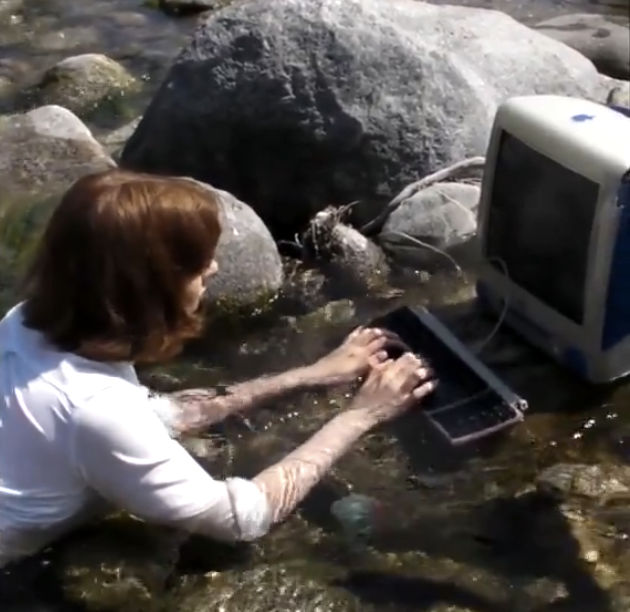The Subtle Art of Losing Your Shit
An Invitation to Embrace the Unknown
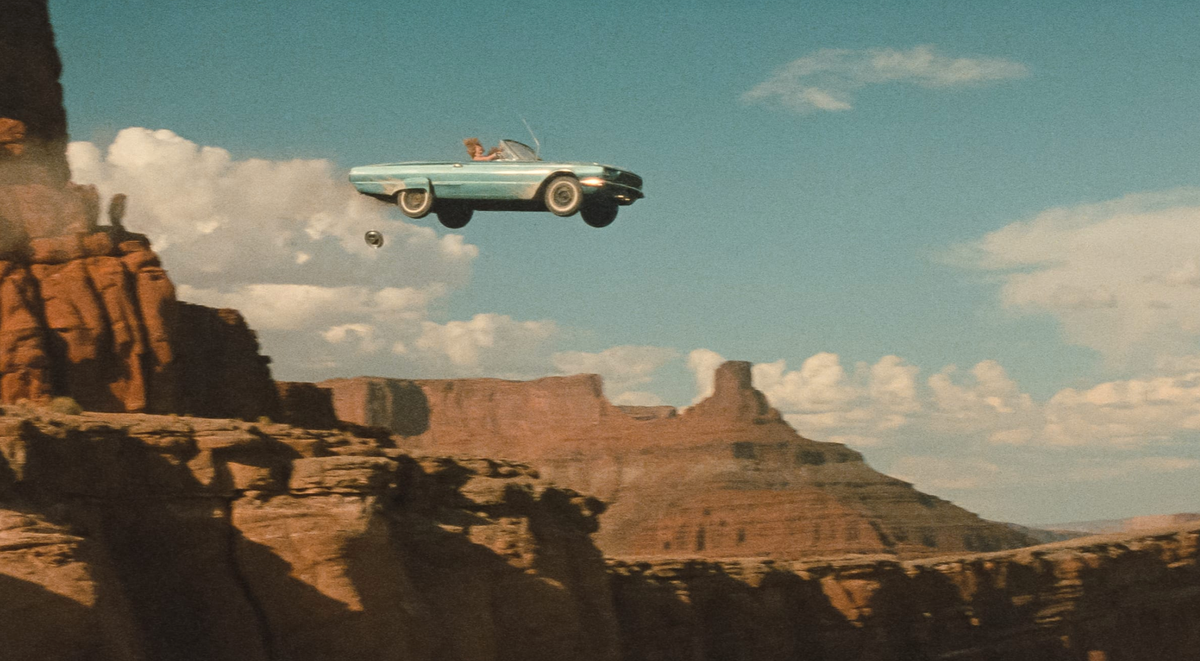
Last week, I experienced a small rite of passage: returning my work computer to my former employer. There’s something significant about letting go of certain objects during transitional times – whether that’s a move, a breakup or career change. In these moments of release, we confront not only what these belongings represented in our lives but also the void they leave behind.
When I resigned from my job at The New York Times, my email was disconnected at the stroke of midnight, but I had a grace period to return my laptop, a task I delayed for weeks. I told myself it was a matter of logistics – first I was away, then the person I needed to hand the laptop to was away – but there was also a part of me that knew this was more than a scheduling issue. Returning the laptop meant it was really over.
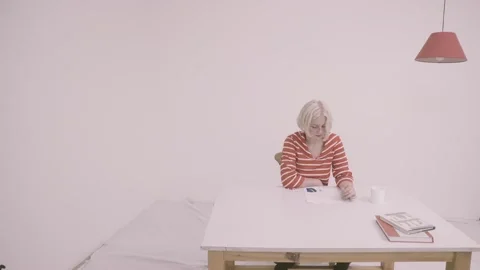
c/o Lena Lewis King via Giphy
I’ve never thought of myself as someone who struggles to let go of material items. My friends joke that I don’t have enough clothes. My family likes to tell a story about the time I went to South America with nothing but a toothbrush and an extra dress stuffed into a plastic bag. I still don’t see the issue. Why check a bag? Why even own a suitcase?
But as my laptop gathered dust in a corner of my apartment, on top of an untuned piano, I started to see that maybe I wasn’t as unattached as I wanted to believe. The truth was, that sleek Macbook Pro and I had gone through a lot together. From my home in Berlin, it had been a link to the outside world during quarantine. It gave me access to the unfiltered, raw interviews of people fleeing war zones, fighting for their homes or trying not to get sick. When I traveled, I lugged this gray lady across continents on reporting trips, typing in hotel lobbies and the cramped middle seats of airplanes. From Berlin to London to Frankfurt to Tampa to the Yucatán Peninsula to Paris, all the way to a tiny island off the coast of Iceland, it was my travel companion.
As I write this, I can’t help but think about early explorers – Cook, Magellan – and the relationships they must have had with their compasses, the advanced technology of the time. For them, the compass must have been a kind of silent partner whose trembling needle was sometimes their only hint of direction through storms, fog, high seas and starless nights. I don’t want to draw too much of a comparison between my podcasting career and the great voyages of humanity, but my laptop was a sort of compass. Even when I hesitated to look at it, even when staring at the screen filled me with dread, it was always there for me. It kept on pinging and chiming with messages and meeting alerts, telling me where to go, or at least where I was supposed to be.
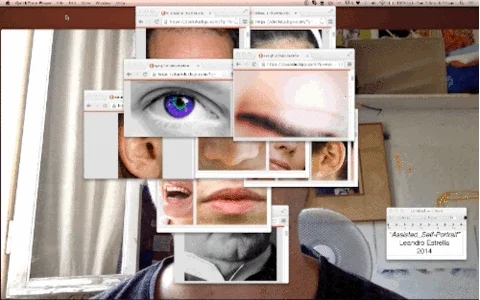
c/o Leando Estrella via Giphy
For years, this computer witnessed my days, thoughts, frustrations, discoveries. It knew the drafts I discarded. The messages never sent. It kept track of the time I spent procrastinating – going down YouTube rabbit holes about rude celebrities, searching Airbnb for places I never went. As the keeper of my search history, it probably knew I was going to leave my job long before anyone else did, maybe even before me.
After I quit, the laptop sat around for weeks – not because I was sentimental, but because I wasn’t ready to embrace the uncertainty of my new life. But as the weeks passed, I had to admit that this object that had once been a compass was now just a heavy paperweight, taking up space. If I wanted to move forward I had to let it go.
So I returned it. I went to the office where I no longer belonged, answered some polite questions and felt the discomfort of admitting that I didn’t have a new title or neat plans for the future. I’d dreaded the return, but in the end, it wasn’t that bad.
Because maybe I wasn’t as lost as I thought. Maybe the real compass had been within me all along, a quiet voice whispering that it was time to go. The one that told me there were other people and projects to meet. The voice wasn’t as tangible as a New York Times laptop, but it was steady, and I’d already let it lead me this far . . .
So I let the voice guide me out the bureau’s doors, into my new life. It steered me to a café on a bustling corner where I ordered a very strong cappuccino and a double chocolate cupcake. Then I took a seat by the window and watched a Berlin summer unfold – tourists lugging backpacks, people picking through a box of free books, a swirl of mullets and green hair and half-shaved heads. All around me, people were in the midst of their own transitions, moving from one version of themselves to another. I sipped my coffee and thought, I’ve picked the perfect place to learn how to lose my shit.
I have a lot to learn, but already I’ve found some unexpected teachers – people who show me that letting go isn’t all suffering; it can also be fun and beautiful. That there’s something transformative about sharing and witnessing the messy process of release.
Many of the people I’m learning from are artists, and so I’ve decided to curate a collection of works that are helping me reconsider what it means to let go. This exhibition will be a virtual museum of sorts whose doors open next week, right here on Substack. Consider this your official invitation. I hope you find your way there.
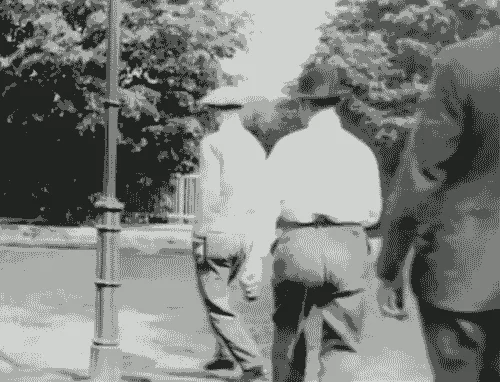
c/o hoppip via Giphy
